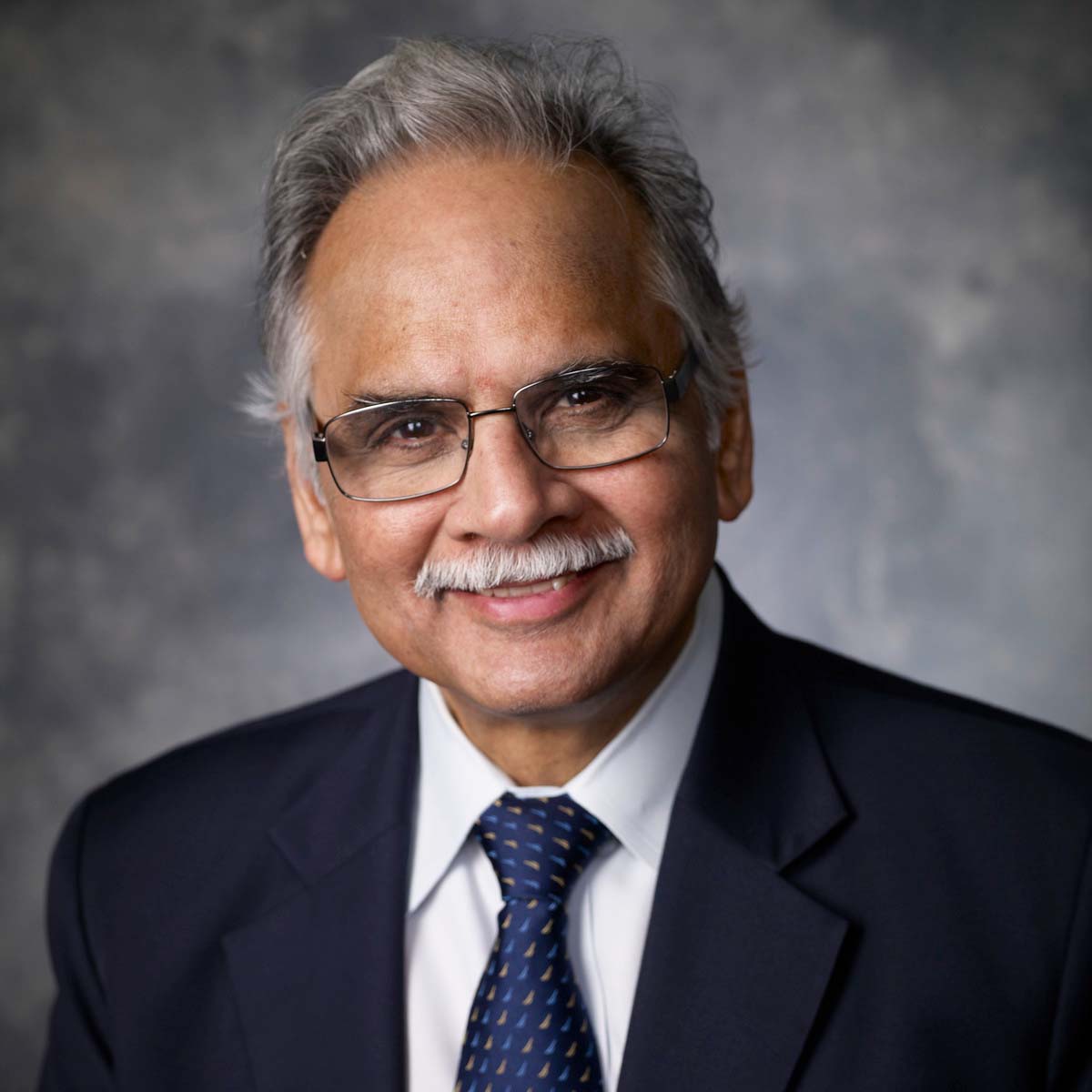Dr. Mathukumalli Vidyasagar
- Emeritus Professor of Systems Engineering
- Cecil H. and Ida Green Professor in Systems Biology Science (Former)

The legacy of Cecil H. and Ida Green at The University of Texas at Dallas was to establish in Dallas a world-class cohort of faculty and students in the new domain of integrated interdisciplinary biomedical research. The resources and talents of UT Dallas and UT Southwestern are combined under the guidance of the two institutions’ Green Centers. Endowments were generated for faculty members whose research expertise lies at one of the interfaces between biomedical science and physical, mathematical, computational or engineering science, emphasizing in particular research that will create synergy with research at UT Southwestern. This chair was endowed in 1995, and Vidyasagar was appointed in September 2009.
“Biology nowadays is as much an information-based science as it is an experiment-based science. Rapid advances in technology have made it easy to generate vast amounts of raw data, and the next step is interpreting these data, finding patterns, unearthing new biological phenomena and translating these findings to clinical practice.”
Dr. Mathukumalli Vidyasagar went to the University of Wisconsin and earned a bachelor’s degree in electrical engineering by age 17. At 21, he completed his doctorate, and by age 35, he was given an Institute of Electrical and Electronics Engineers fellowship for “contributions to the stability analysis of linear and nonlinear distributed systems.”
His pattern was to master a subject area, write a book about it, and then move to a different aspect of control problems at the forefront of the field. He co-wrote one of the most popular textbooks on robot dynamics and control with Dr. Mark W. Spong, who is dean of UT Dallas’ Erik Jonsson School of Engineering and Computer Sciences.
Vidyasagar spent his early career as a professor at Concordia University in Montreal and the University of Waterloo in Waterloo, Canada. Then he directed the Centre for Artificial Intelligence and Robotics within the Indian government’s defense and research department.
“In the government, you can think really big because they have more resources and a much broader canvas. We had very bright people who showed that in a government setting it is actually possible to do very advanced work.”
He then became executive vice president of Tata Consultancy Services, a technology firm based in India. He managed a team of 80 engineers and scientists working on advanced encryption methods, open-source software, quantitative finance and bioinformatics.
“My success as an administrator has come from listening to people and reacting in order to build a highly functional team,” he said.
He retired from the company in 2009, when he joined UT Dallas to establish the Bioengineering Department, which collaborates with different schools within the University, and with UT Southwestern Medical Center and The University of Texas at Arlington. He is now a member of the Department of Systems Engineering.
Vidyasagar speaks six languages: Telugu, Tamil, Hindi, English, French and Japanese, and is currently learning ancient Greek.